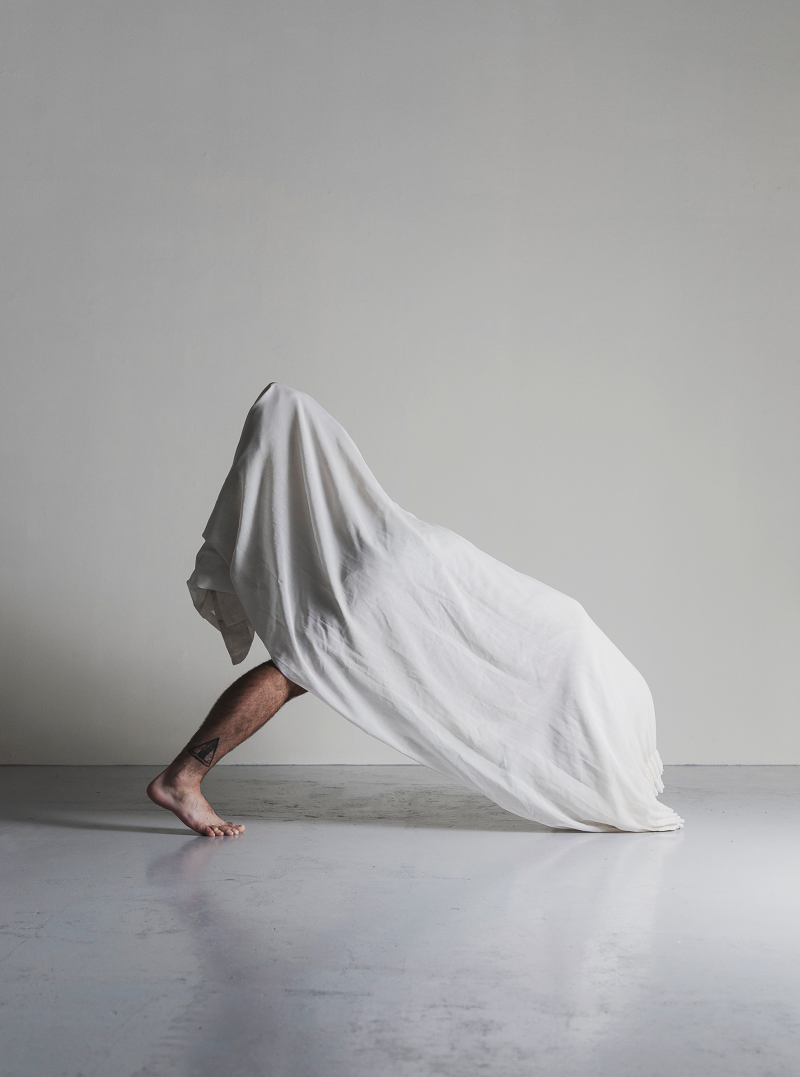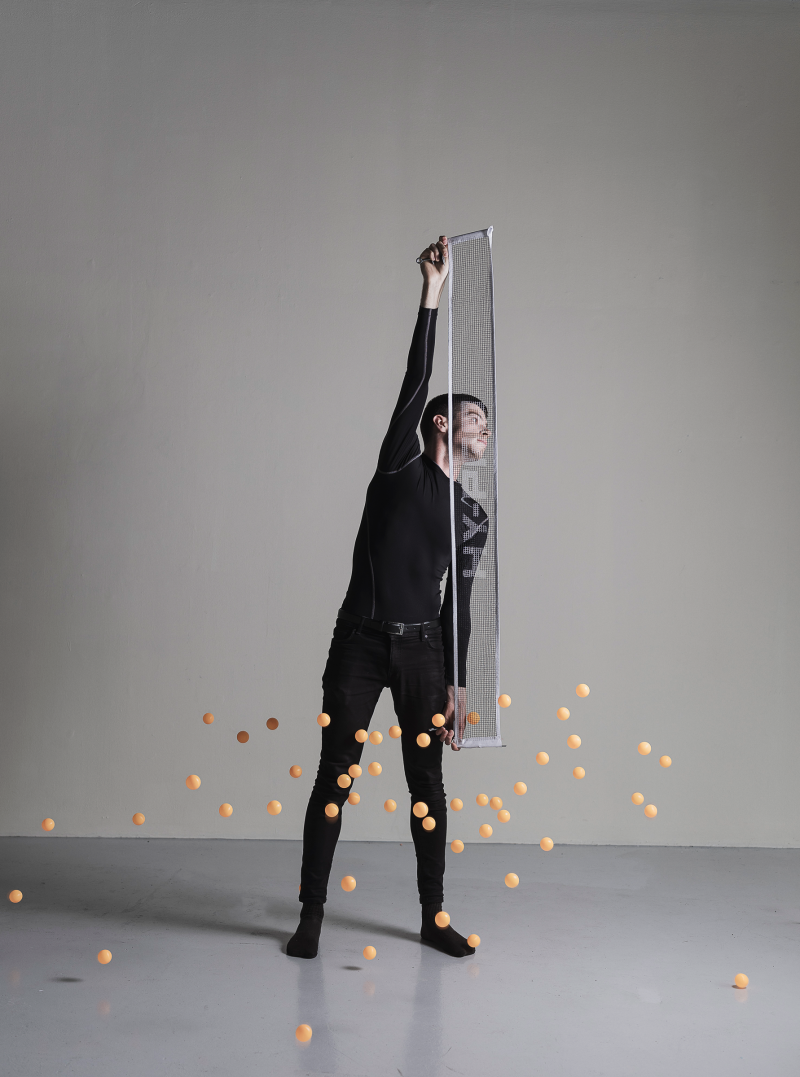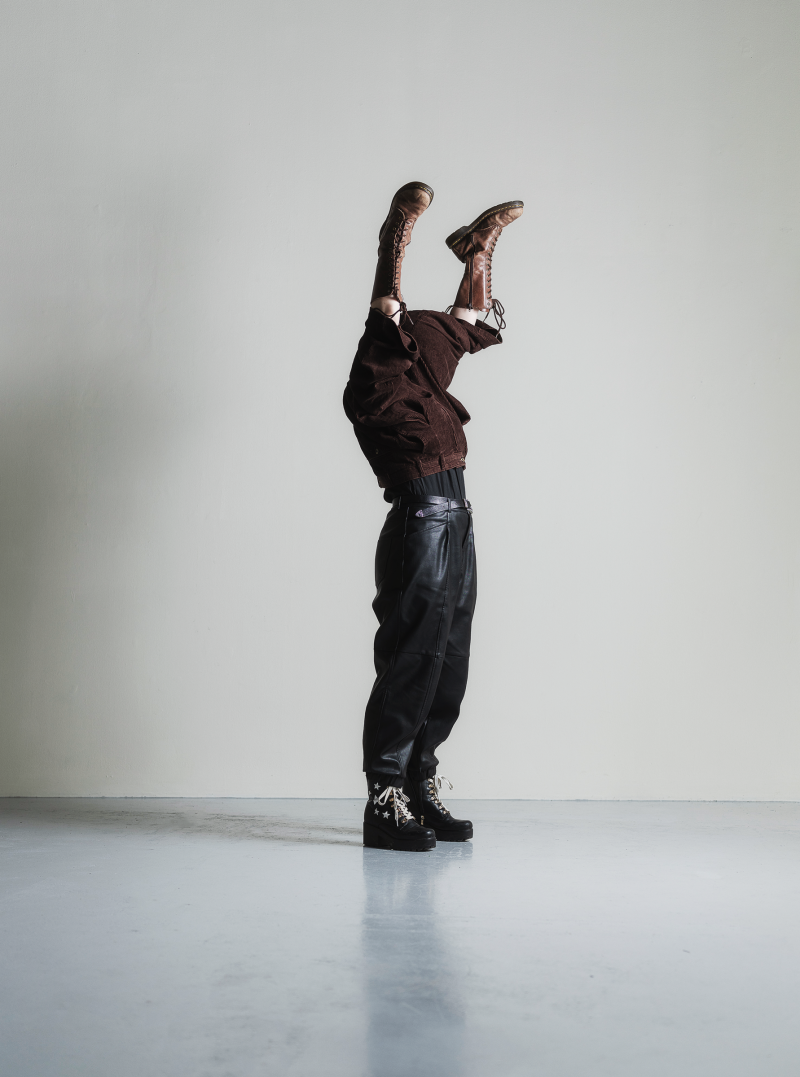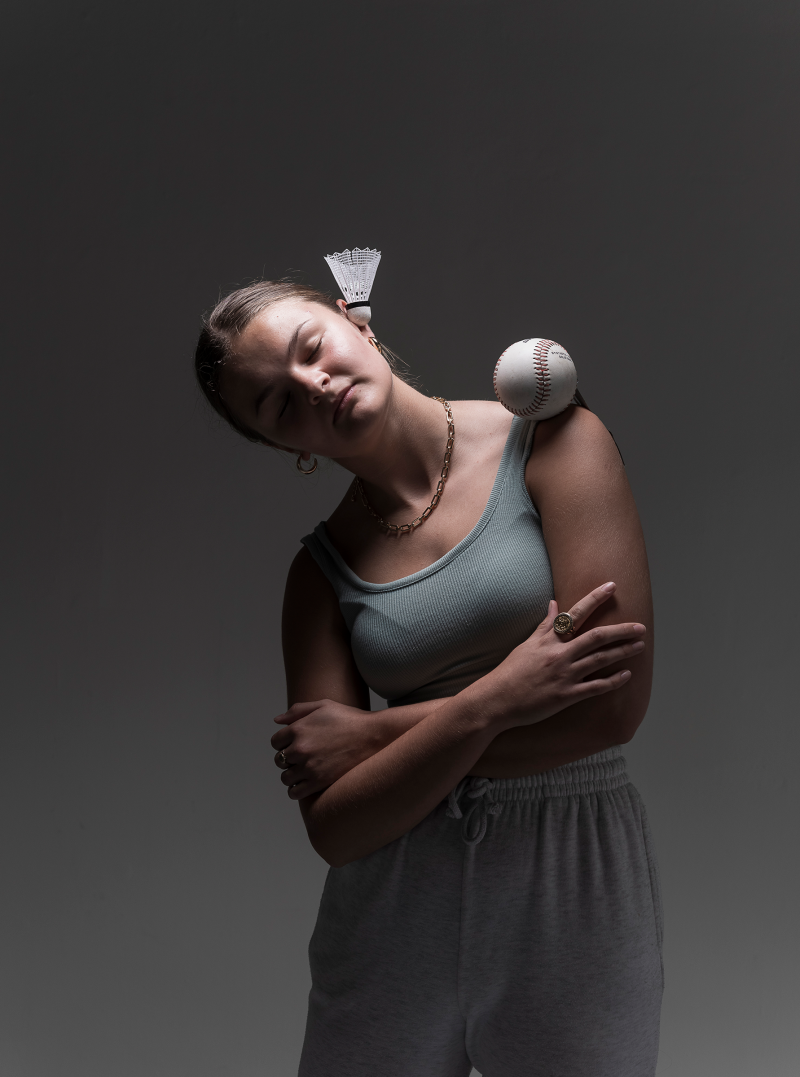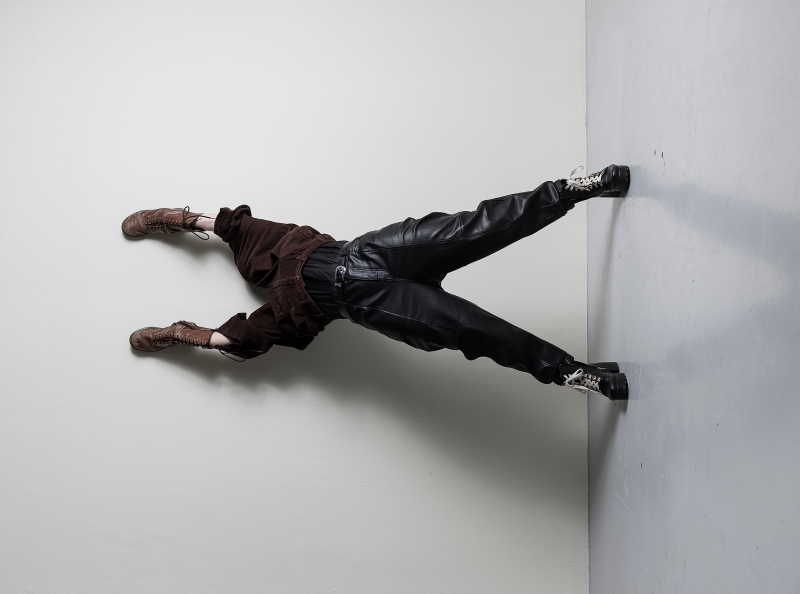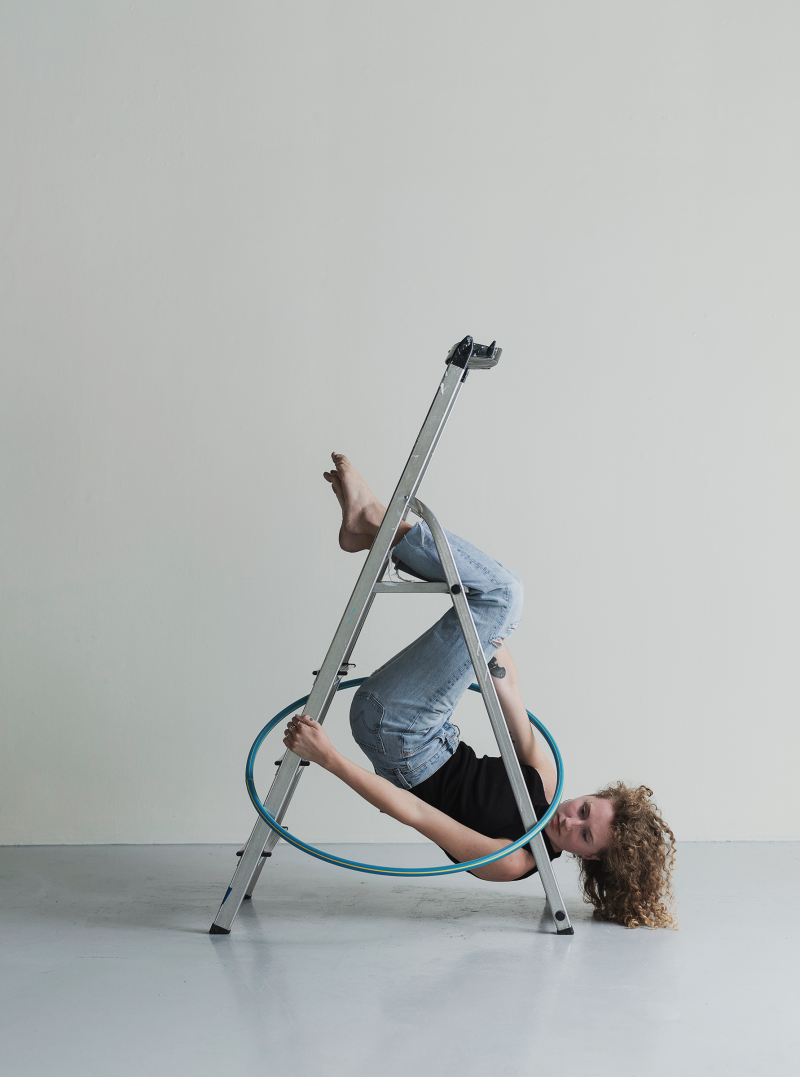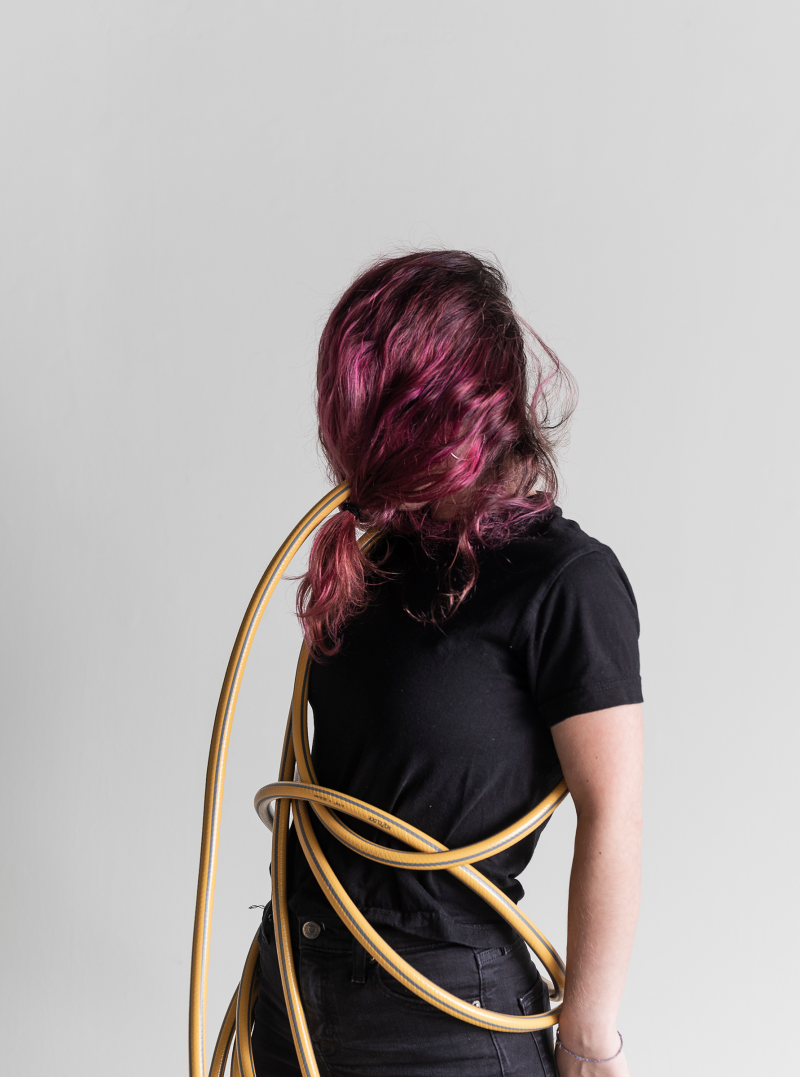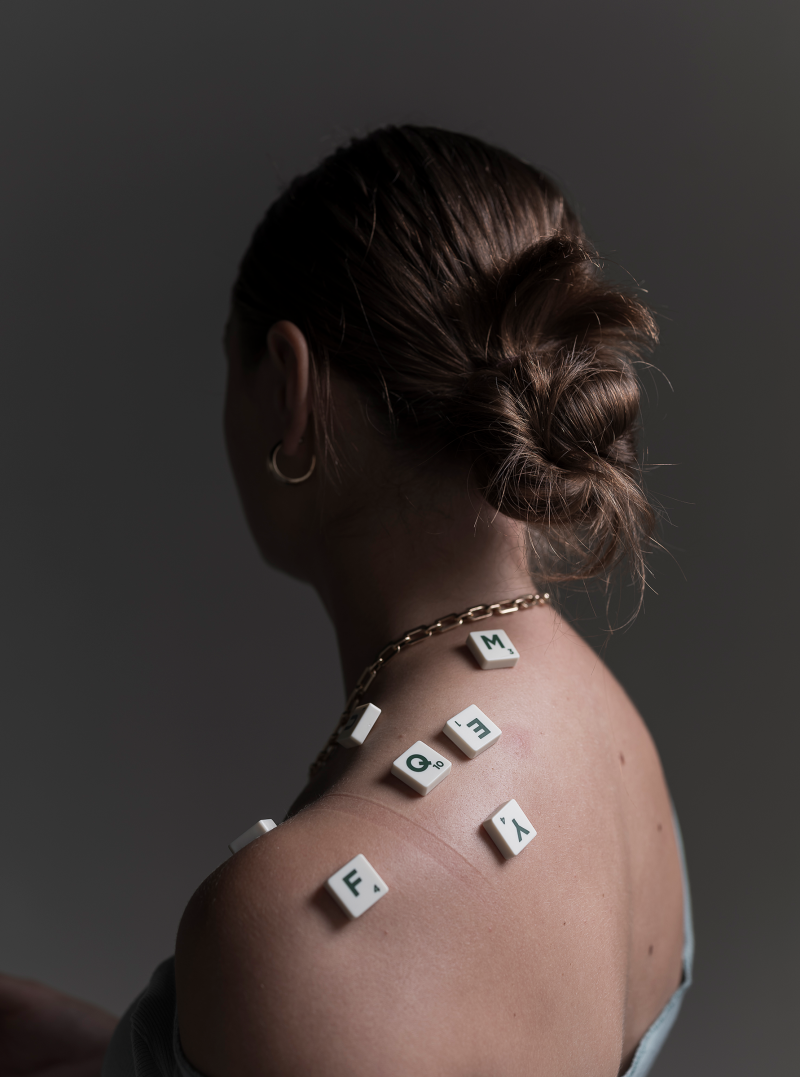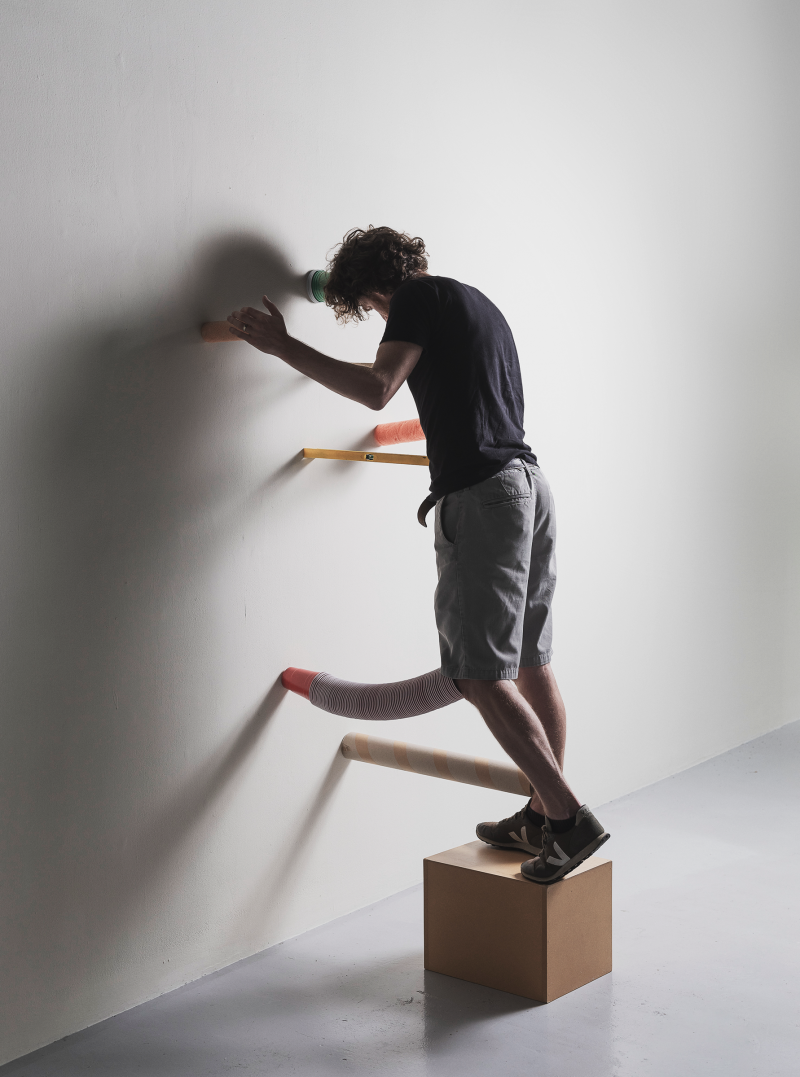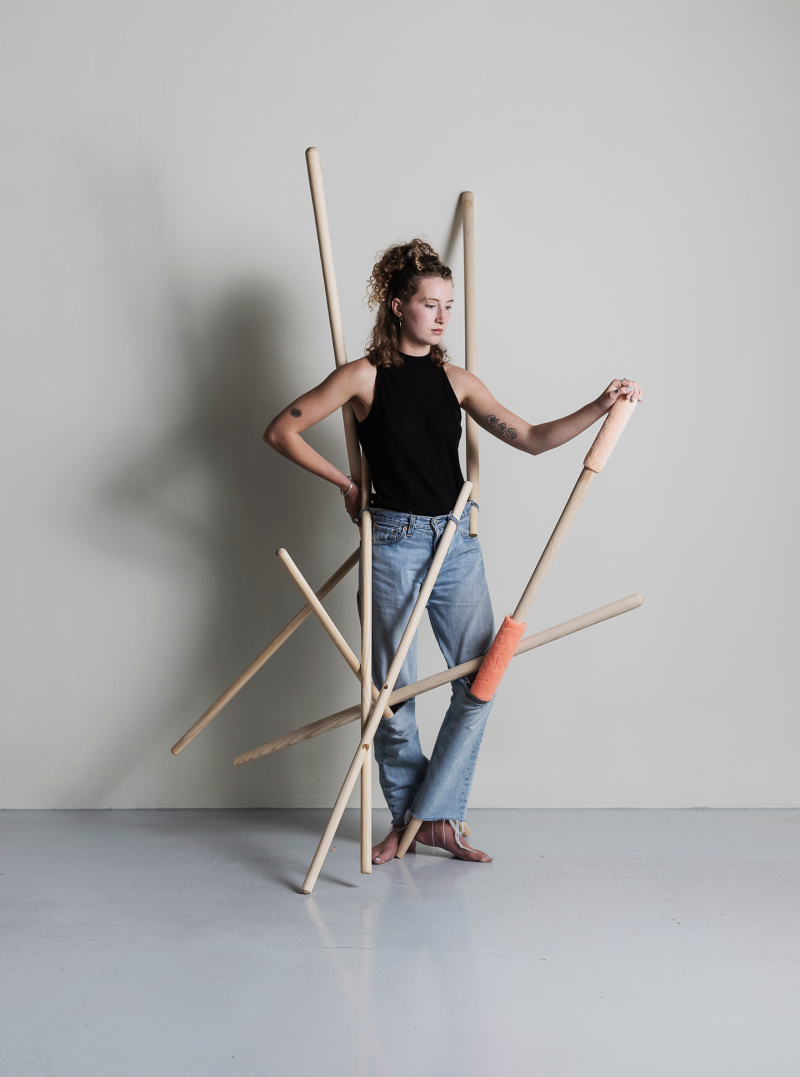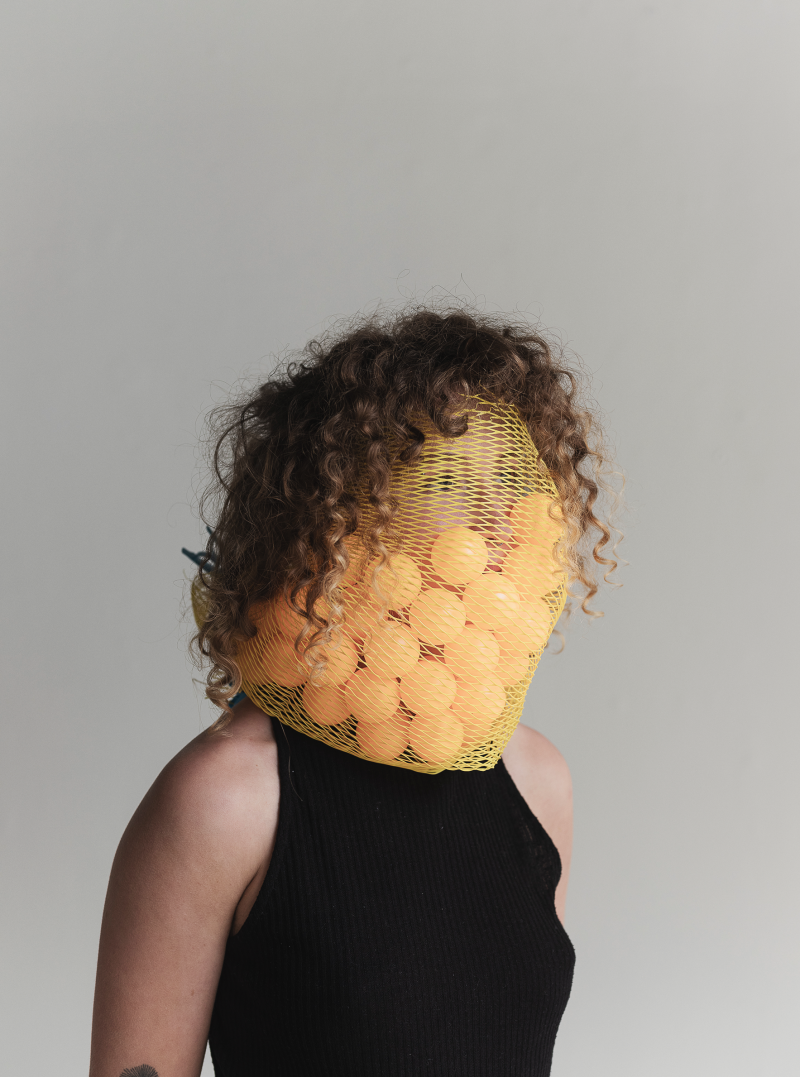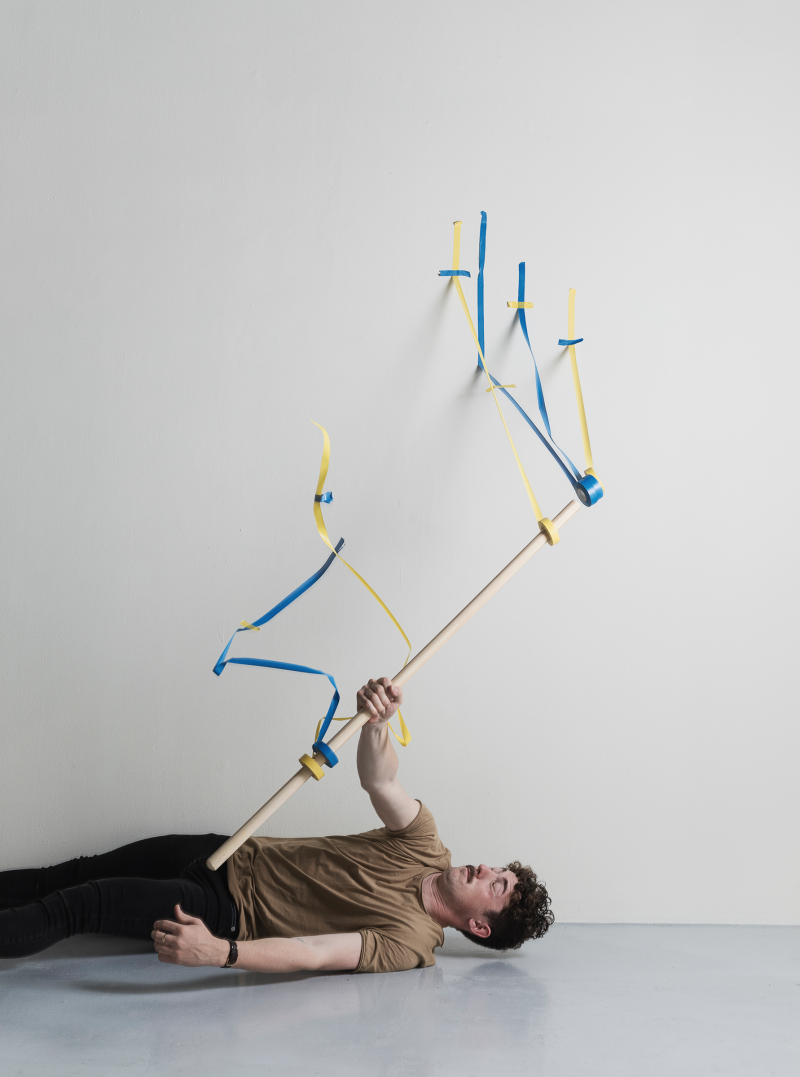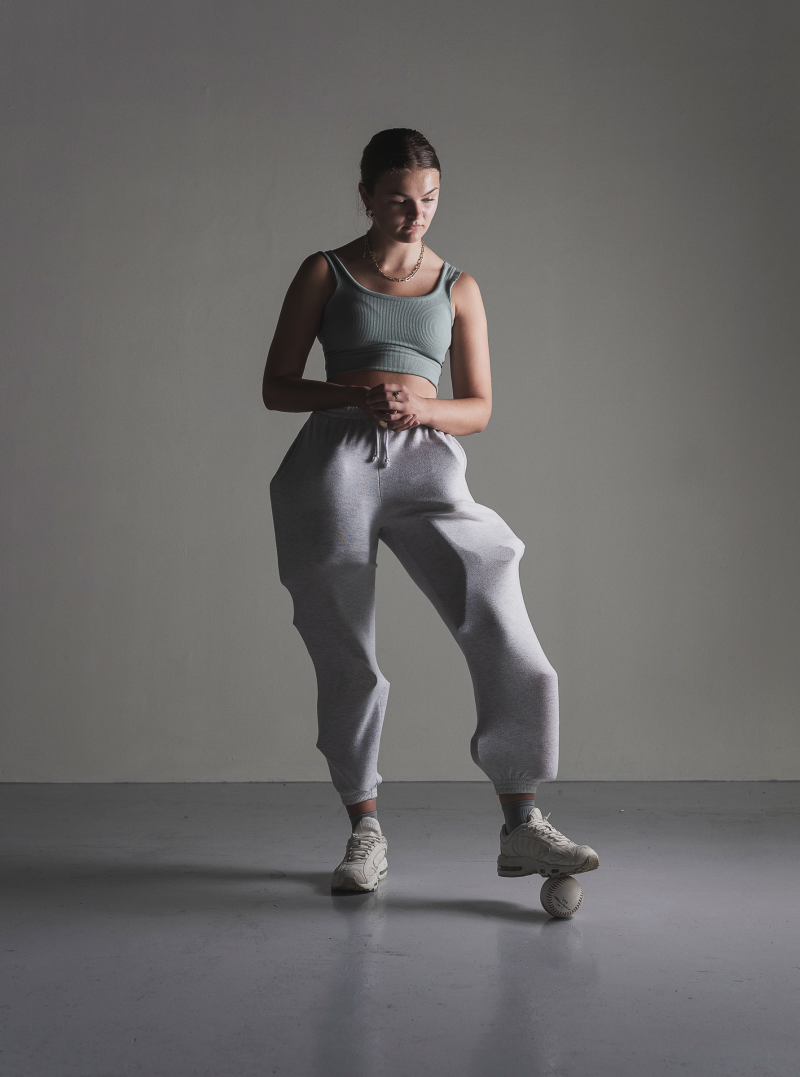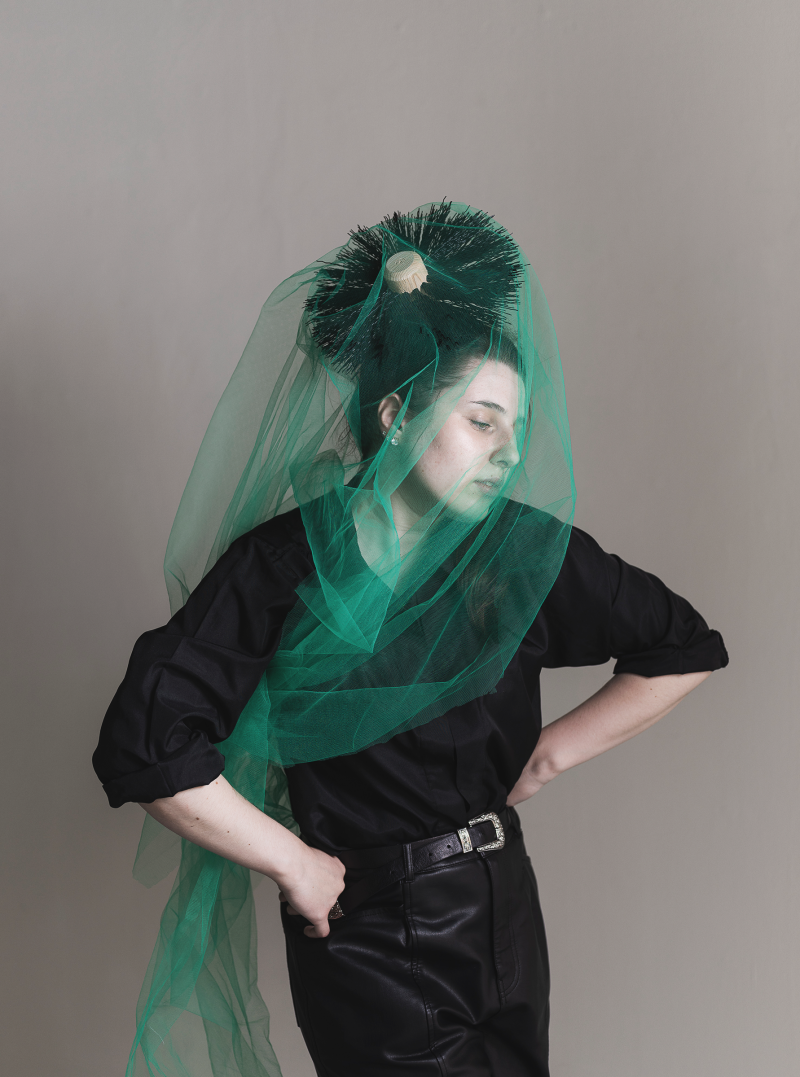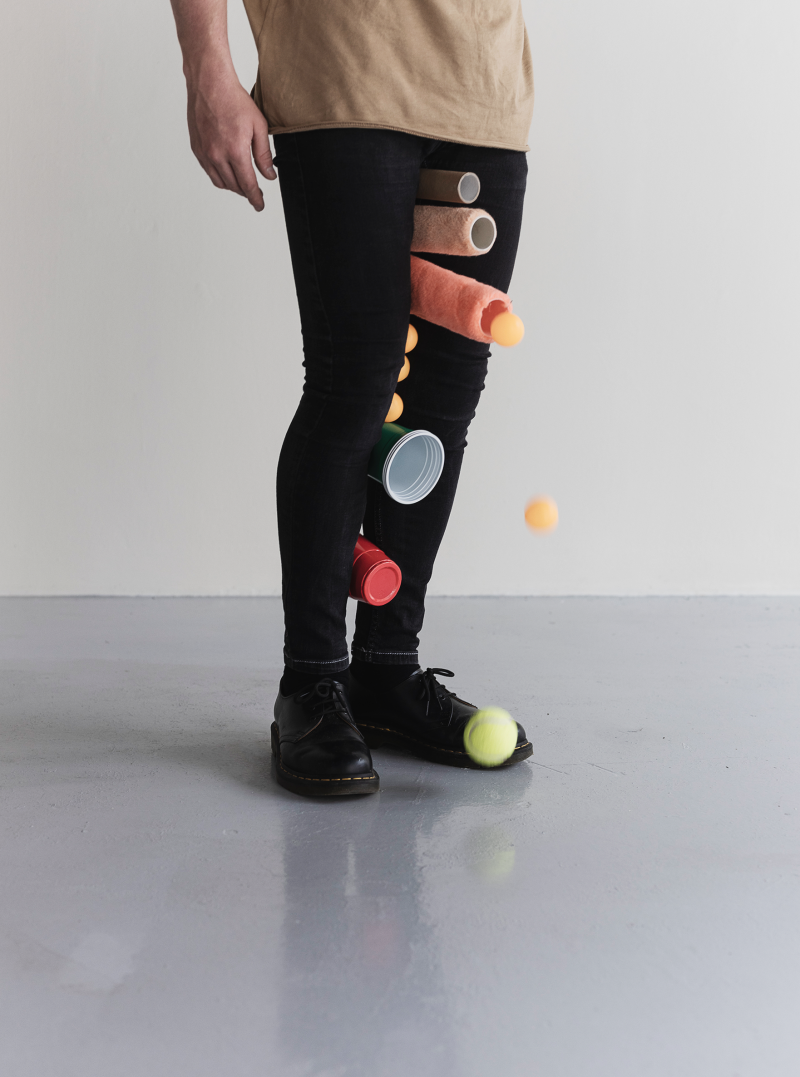Painting

The Painting Department embraces the diversity of contemporary painting practice and possibility. The discipline of painting in all its forms is supported in the context of evolving and expanding art practices. The course is rooted in investigation of painting’s unique tradition and history and encourages new interpretation, innovation and experimentation. Every culture needs its artists and every artist seeks to change the culture. Painting is an old tradition that continually renews itself. Be part of the ongoing renewal.
What will I study?
The discipline of painting will be your point of departure towards establishing an individual art practice based on your interests and aptitudes. The initial focus is on relevant skills and techniques of painting and related media, and gradually extends to explore issues of content, meaning and context.

Year 1
First semester explores interdisciplinary Art and Design research, observation and analysis. In the second semester, all Fine Art students get a working taste of subjects with six weeks of workshops in two pathways selected from: Ceramics and Glass, Media, Painting, Print, Sculpture and Textile Art & Artefact. The balance is spent in the Paint Department, making work with student peers similarly interested in exploring different kinds of approaches, materials and processes, and developing skills in the language of contemporary Fine Art.
Year 2
Year 2 extends the conceptual and technical aspects of your work as it gradually becomes more self-directed. Students are supported and guided by a staff composed of practising artists.

Year 3: Studio+ & International
An optional opportunity to gain experience in a range of social and cultural contexts in the world beyond NCAD. Build your skills as an artist while working with an organisation with links to the School of Fine Art. Studio+ can also include a period of study abroad through the Erasmus programme with internationally recognised art faculties partnered with NCAD.
Students who choose Studio+ will complete a 4 year BA Fine Art or a 4 year BA Fine Art (International).
Final Year
Final Year students prepare for their degree assessment and presentation equipped with practical skills, conceptual understanding and supported by a personal tutor from departmental staff. Seminars, group critiques, gallery visits, workshops, demonstrations, lectures and visiting artists contribute to the programme.

How will I be assessed?
Assessment throughout the programme, in both your studio practice and in Critical Cultures, will be on a continuous basis, at the end of each completed module and at the end of each semester (half-year). Formal assessment results will be issued at the end of each academic year. Modes of assessment will include practical and written assignments, oral and visual presentations, portfolios and exhibitions.
Critical Cultures
Become a critically engaged, reflective and effective practitioner through studying the connections between history, theory and practice in modern and contemporary contexts.
Find out more on the Find more
Opportunities after graduation
Many Painting graduates have gone on to successful careers as exhibiting artists nationally and internationally – including representing Ireland at the Venice Biennale and the Saatchi/Channel 4 ‘New Sensations’ exhibitions. Others have found opportunities for employment in the wider cultural field as gallery administrators, community arts facilitators, educationalists and cultural commentators. The creativity encouraged by Fine Art training is much sought after and adaptable to a wide range of entrepreneurial activities. A number of our graduates also go on to postgraduate study, at NCAD and at other institutions nationally and internationally. NCAD offers pathways for graduates interested in further study, including MFA in Fine Art, MFA Digital Art, MFA Art in the Contemporary World, Professional Master of Education and PhD in Fine Art.

Student & Graduate Stories
Aileen Murphy, BA in Fine Art Paint 2007
Why did you decide to study at National College of Art & Design?
I became interested in NCAD while taking art portfolio classes. The teacher told us anecdotes about what it was like to study there, and it sounded exciting and a little mysterious. Art was something that was curious to me as a teenager; I really loved to draw, but I didn't know what art was or what to expect from studying it. The prospect of going to art college seemed like an adventure.
